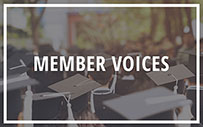
Because all talent acquisition specialists have had their own unique journeys, embracing those experiences can help them better understand and connect with students.
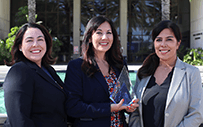
CSU Fullerton’s “I Am First” program teaches first-generation students how to create social capital through a curriculum that empowers students to cultivate agency in their career search.

Dominican University, a Hispanic-serving institution with 64% of students identifying as Latinx and located just outside of Chicago, launched its successful career development program in its Brennan School of Business in fall 2017.

The UC Berkeley Career Center’s annual transfer student career summit is a five-hour virtual event that was created to help connect transfer students, who are often overwhelmed when navigating career opportunities, and employers that are not aware of the value transfer students can bring to organizations.
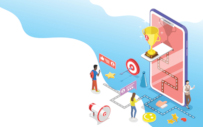
With no additional budget, Clarion’s Center for Career and Professional Development built and implemented a mentor program for students.
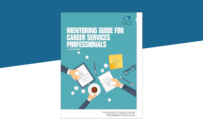
The Mentoring Guide for Career Services, by Gary Alan Miller, can help career services professionals onboard and mentor professionals new to the office.
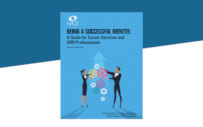
Being a Successful Mentee,” by Diane Safer, Yeshiva College, provides guidance on how to get the most out of relationships with mentors.

There are benefits to engaging with a mentor with whom you do not share an identity.

Philip Wilkerson, III and Samara Reynolds, authors of “The Value of Intentional Cross-Identity Mentorship,” share their personal insights about mentorship.

NYU’s Wasser-Buddies mentoring program helps shape institutional culture, equalize the experience of new hires, increase knowledge transfer, and enhance leadership development.

To implement and foster an inclusive climate in higher ed, institutions need to create a culture of belonging, attract diverse talent at the entry level, and build intentional pathways to retain diverse talent.